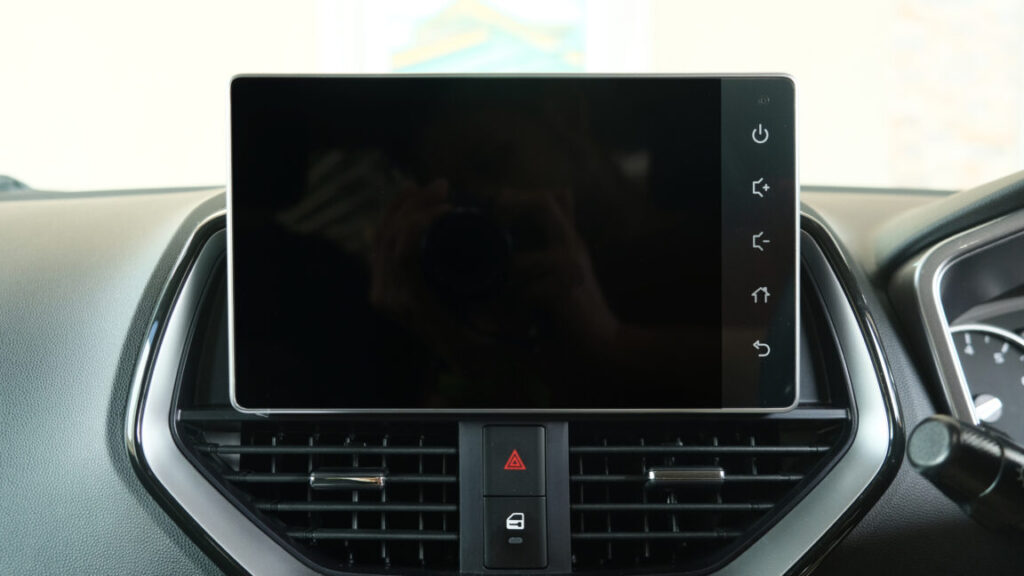Last week, a Jeep driver turned to Reddit to do what people do best on the site—complain. Every time they hit the brakes on their Jeep, they wrote, a promotion for an extended warranty plan popped up in the center console. “Press the ‘call’ button to speak to a specialist,” they say the ad encouraged, welcoming the user to use their Bluetooth connection to complete the upsell then and there.
Ads are annoying and occasionally insidious; an ad that repeatedly appears inside one’s own car more so. According to other online posts on Reddit and Jeep forums, the issue goes back several years, affecting several models of Jeeps.
Stellantis, which owns Jeep, says the repetitive nature of the promotion was a glitch. “This is an isolated incident affecting fewer than ten vehicles at this time limited to the US,” Dan Reid, a spokesperson for the automaker, wrote in a statement. He acknowledged, though, that Stellantis shows other drivers in-vehicle promotions too. Dodge owners, for example, get an infotainment push after 60 days of purchase offering the Dodge Complete Performance Package, a comprehensive warranty offering. Stellantis says that, on average, customers receive about two in-vehicle messages annually, containing safety, maintenance, or marketing information.
Should ads be showing up inside cars at all? Safety experts have serious questions about the practice. But as automakers continue to explore how to make more money off their increasingly digitized and internet-connected wheels, the temptation to upsell on the center console may be too good to pass up.
The data-powered upsell
Today’s new cars come stuffed with some 1,000 to 3,000 semiconductor chips that help to control and coordinate everything from lowering windows and adjusting mirrors to deploying airbags, enabling collision avoidance systems, pairing phones with center consoles and displays, and coordinating navigation. Add in the internet and drivers’ cell phones, and you get an ongoing “conversation” of data between individual cars and the manufacturers that build them.
Those manufacturers’ vision of the future has been pretty consistent over the past few years, says Mark Wakefield, the global automotive market lead at consulting firm AlixPartners. “In an ideal world, they’ve totally blended the mobile phone and different services and apps into a nice, big coherent ecosystem that travels from work to play to home,” he says. It’s the perfect platform for advertising, for upselling, and for pushing premium trimmings. As with Jeep’s extended warranty offer, many services can show up with just a remote software push.


